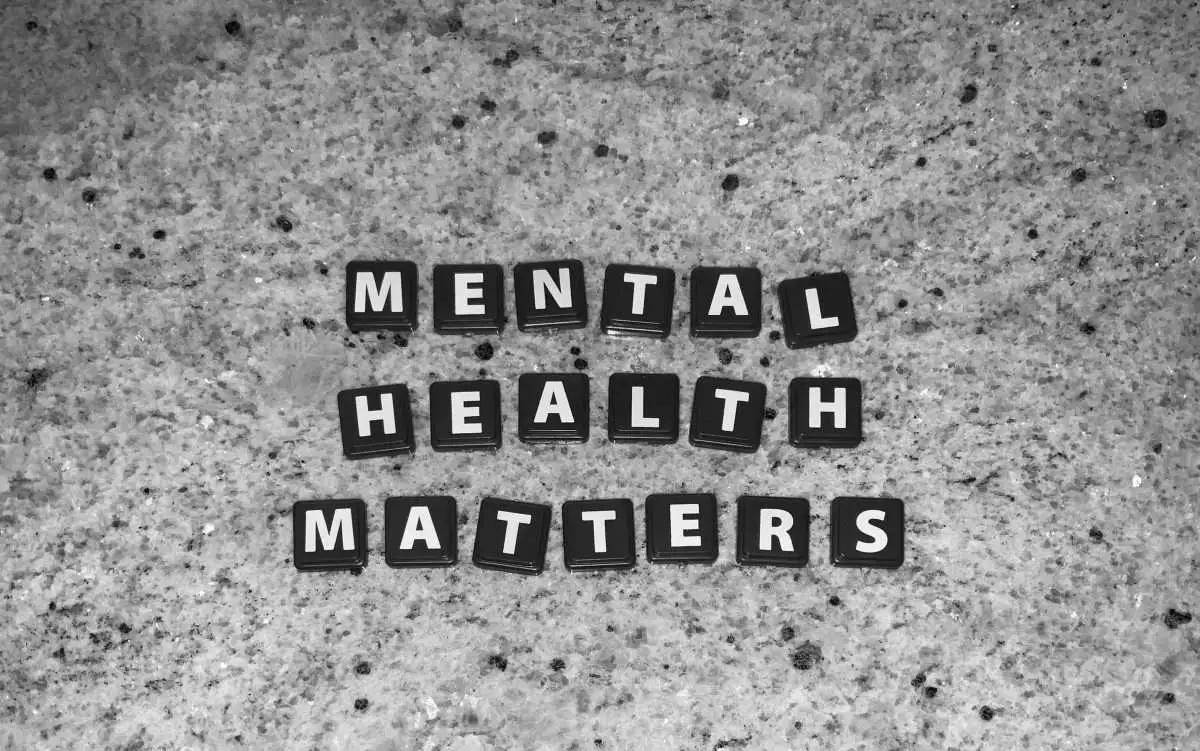If you have ever been a graduate student, or if you know one, you have likely heard whispers of graduate student mental health.
Recent research shows graduate students are more than six times as likely to experience mental health issues like depression and anxiety compared to the general population. An executive summary from Harvard economists shows the average economics grad student feels significantly lonelier and more isolated than a retired American. Those same Harvard economists also found that only 19% of graduate students felt they have the opportunity to make a positive impact in their immediate communities or in society more broadly.
Researchers have many ideas as to why graduate students’ mental health is so poor compared to the general population—poor or toxic advisor-advisee relationships, the pressure to constantly be producing innovative and publishable research, the unfavorable odds of the academic job market that await them upon graduation—but I’m going to focus on a couple of particular culprits mentioned above: loneliness and isolation, and the feeling that our work doesn’t matter.
I make my arguments in this piece of writing by sharing my own story—a bit of an autoethnography, but less systematic, if you will. This reflection is a response to reading a 2018 article from The Atlantic about how graduate school can have terrible effects on people’s mental health. Please join me as my story unfolds to make a broader argument about the role of applied sociology in combatting the graduate student mental health crisis.
Graduate Student Mental Health and Community Engagement
As a master’s student in the University of Northern Colorado’s (UNCO) department of sociology, I got to work on various projects in the Social Research Lab (SRL). The SRL is a for-profit, community-based research consulting lab that takes on contracts with community and government organizations to help them systematically collect and analyze data. As a graduate research assistant in the SRL, I got the opportunity to closely engage with my community to collect valuable data that would be used to enact positive change.
This community-based research strategy is one of many ways to engage in applied sociology. As a sociology department that focuses heavily on applied sociology, UNCO has an ideal set-up for training students to be applied sociologists who engage with their communities in meaningful ways. All of the projects I worked on got me out into the community collecting data that would later be presented to contracted organizations to help them make the best decisions possible for the communities they serve.
The work I did with the SRL mattered. It mattered for my fellow community members, and it matter for me and the state of my mental health.
I soaked up all the experience I could in the SRL before moving in 2016 to pursue my PhD at Purdue University, a more traditional sociology department that is focused on academic sociology. Here I was, in a brand new community, trying to create a brand new research project to tackle for my dissertation, all while trying to stay true to my goals to graduate and transition into a career as an applied sociologist.
My Declining Mental Health
On various occasions, I tried to connect with my community by reaching out to organizations and offering my (free) services as a sociologist and dance instructor, or by simply volunteering at community events. What I found was that I was too mentally and emotionally exhausted to tackle the need to connect with my community on my own. I missed being a part of a department that facilitated that connection for me and my fellow grad student colleagues.
Three years into my PhD program and I was so isolated from anything that loosely resembled a community, and so anxious and depressed about the world and my prospects in it that I finally turned to anti-depressants to help me through my last year of grad school. I also started teaching at a local dance studio once I was ABD (all but dissertation) and had the time, and finding new ways to engage with my community.
I’m not sure if it was the Prozac or the fact that I was finally enjoying life outside of graduate school again and connecting to my community that has me more optimistic about the future for the first time in years—but if I had to guess, it was probably a combination of the two.
If I had the resources and support to continue engaging with my community as an applied sociologist in my PhD program, would I have been less lonely? Would I have felt that my work mattered more and subsequently felt more motivated to follow it through? Would I have spent less time worrying about the world and all the tragedy within it because I was actively engaging in work that might enact small yet meaningful change to dampen the impact of all the tragedy? Would I have felt like I was a part of something bigger, and less like I was all on my own?
I can’t answer those questions with complete certainty, but I can speculate that my experience as a grad student these past few years may have felt more meaningful had I been supported in my efforts to continue my work as an applied sociologist in my community.
With all that said, I don’t think applied sociology is the be-all-end-all cure for the grad student mental health crisis, but I do think it can play a significant role in getting us connected to our communities so that we aren’t so lonely and isolated and feel that our work has an immediate and positive impact on our communities and on society.







